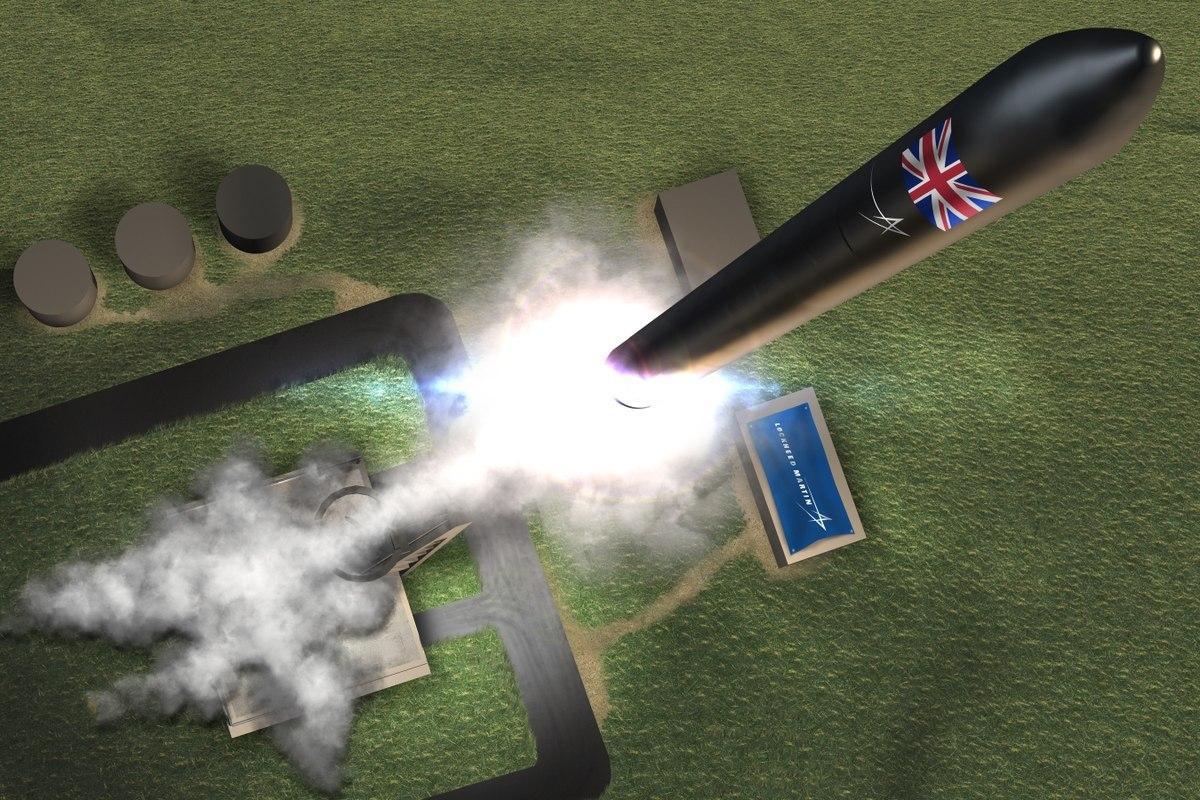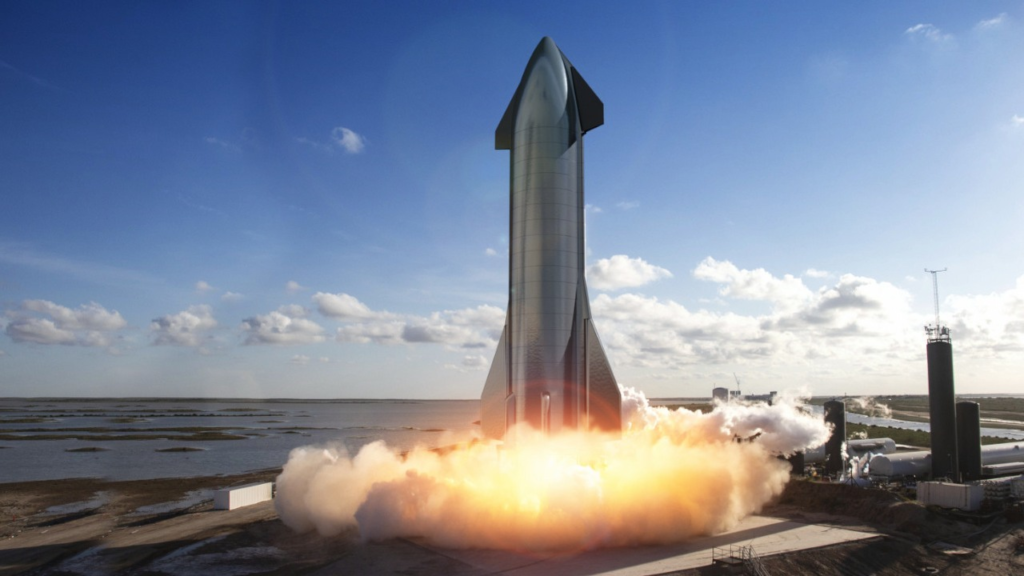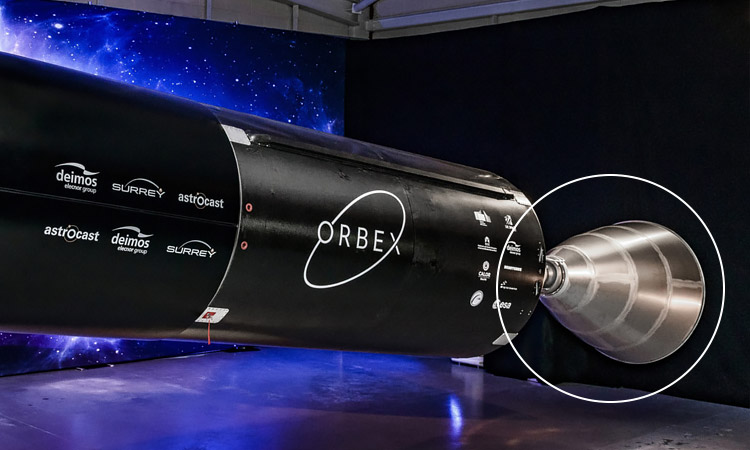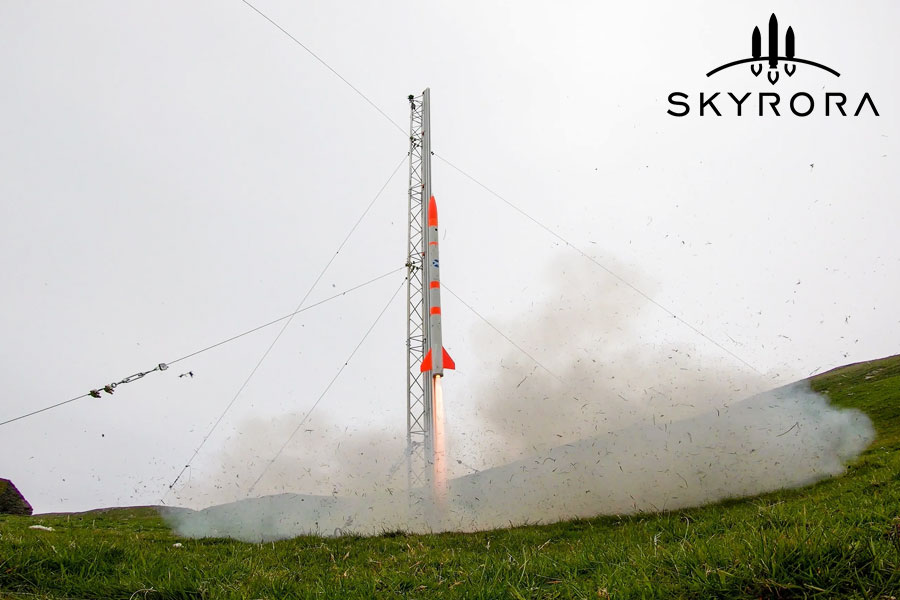The new Space Race: can the UK take on America?
7th Jun 2022
The UK is counting down to the building of its first rocket launch facilities as well as adapting the infrastructure at Cornwall airport for horizontal launches. That juncture makes this a good time to evaluate where the country is in the new global space race. How does how the UK compare with the rest of Europe and America?
And, yes, the global space race is on. It started with Blue Origin and SpaceX showing the US government how to “do space” in a more cost-effective way. They then secured lucrative NASA contracts. The bold moves greatly embarrassed the behemoths that historically secured US government contracts (at hugely inflated pricing).

Countries across Europe started to see their own private enterprises enter the race. We previously wrote about Germany’s strong position in the sector, with generous support from the government and the ESA.
Rediscovering launch
The UK has also seen some new players enter the sector – at great speed. In fact, the UK is possibly the most interesting one to keep an eye on. We are seeing some elements of a “Where America leads, the UK follows” type of scenario. However, the companies entering the race seem to have a whole new level of innovation and drive that the country hasn’t seen for quite some time.
The UK’s space ambitions stalled back during the first space race of the 1960s/70. They have barely recovered since then other than the creation of one of the world’s largest satellite manufacturing centres.
The renewed drive for the UK to become the launch capital of Europe is also in the most unusual position. And this mystifies us slightly because the USA completely embraced SpaceX, Blue Origin and even Rocket Lab. Washington knows full well that the emergence of a new private space sector would shave millions (if not billions) off their space budget, the UK government are coming across as quite indifferent and slightly even bemused by the emergence of a private space sector that is about to do what the government has failed to do for decades.
Understanding priorities
Now, this could be a matter of not having the expertise at the heart of government or within its civil service. Remember, the former government minister for Science – from 2020-2021 – came from a supermarket background. Or it could be that they are torn between supporting the very same companies that have ruled the roost for decades. After all, these new upstarts doing stuff the government don’t understand (but really, really want to).
It’s actually evident in how the UK Space Agency (likely under direction from government/government advisors) allocated grant funding when they originally announced their renewed space ambitions, as to how they perceived the direction they would like to see things going… or how they thought things would go. The bulk of the funding they announced in 2018 for their exciting new plans was given to US giant Lockheed Martin. The grant included with a fairly vague remit on what the company is expected to do with the funds. In fact, the company have since moved their plans to another launch port. This move occurred despite the grant being specifically tied to Sutherland Spaceport. Lockheed Martin also do not have any rocket manufacturing facilities in the UK. They do, however, have a strategic investment in a US-based rocket manufacturer. And yet that tranche of grants included an almost token gesture of £5.5m to actual rocket manufacturer, Orbital Express Launch Ltd.
Private companies in the lead
And now almost four years after announcing their ambitions at the Farnham Air Show, we have seen significant movement and progress. None of it comes from any of those government-favoured entities. Sutherland Spaceport, despite initial UK government support, is likely to be overshadowed by other sites in Scotland. In particular, the privately funded Saxa Vord Spaceport in the Shetland Isles is taking the lead. The rocket manufacturer, Orbital Express Launch (aka Orbex) held a significant launch event complete with a prototype model rocket on display. However, the prototype featured a poorly welded patchwork engine. Further anomalies included claims of using advanced 3D printing technology for the said engine – bizarrely not matched by the hardware on display.

its allegiance
Evidence on the ground
So, yes, the government’s ambitious plans seem stalled and their pre-packaged consortium lacking in progress. However, private enterprises (much the same as we have seen across the water) appear to be at least moving forward. Another rocket manufacturer appears to have at least satisfied the space industry that it is making significant moves towards UK’s launch ambitions. Edinburgh-based Skyrora constantly pour out news updates. This includes some impressive videos of their rocket engine tests at their site based near to their Edinburgh HQ. Test launches using scaled-down hardware also feature in their videos.

At the same time, the site earmarked for launch on the isle of Unst in the Shetlands evidences significant progress. This holds especially compared to the government (and UK Space Agency) supported Sutherland Spaceport. Unst welcomes a constant stream of launch clients. In addition to ABL Space Systems (via Lockheed Martin), they attracted German-based HyImpulse Technologies and potentially Skyrora.
Mainland Europe’s options
The rest of Europe shows very little movement in any launch plans. Geography trumps desire in this case. A launch requires a clear line of sight that passes over no residential areas. Very few locations across mainland Europe allow for that to happen. Some countries such as Sweden and Norway, already have launch facilities. Sweden’s, for example, dates back to the 1960s. But those mostly launch small testing/sounding rockets. They cannot gear up for any significantly sized launch vehicles.
Germany has a plethora of new (and old) rocket manufacturers, but nowhere to launch them from. They have spoken recently about creating a launch facility in the North Sea, but to date, nothing has really come of that.
So we can see just how well positioned the UK is to lead Europe’s launch activities and to start reducing reliance on the USA. We just need the government to know that as well.
How the mighty have fallen
Not only have we seen private enterprises take the global space sector to whole new levels, but we have also seen one of the world’s greatest space fairing nations completely fall from grace and enter into self-destruct mode in a spectacular fashion. Russia had been at the forefront of space technology for decades – although much of what they claim to be homegrown technology actually originated in Ukraine. However, their invasion of the very country that likely made them what they are, has angered the rest of the world and turned them into a pariah state, with pretty much no countries (of any standing) willing to work with them on space projects. Yes, they have retained their seats onboard the International Space Station, but for how long is anyone’s guess. They were a key competitor in the first space race, but have made themselves increasingly irrelevant this time.






Thank you for your comment! It will be visible on the site after moderation.